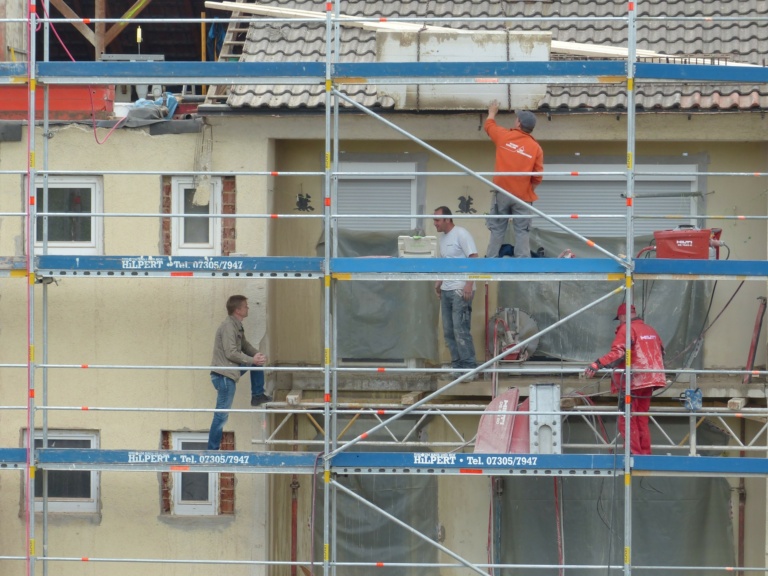Final Adoption of the Energy Performance of Buildings Directive
On 14 May, one month after the final vote in the European Parliament, the Council adopted the final text of the revised Energy Performance of Buildings Directive (EPBD), part of the Clean Energy Package proposed by the European Commission at the end of 2016. The International Union of Property Owners is committed to strive to a more energy efficient building stock in the future and acknowledges the role of buildings to achieve European climate goals.
The final text shows a more appropriate approach to fostering energy efficiency of buildings than originally proposed, inserting some important caveats of technical feasibility and cost-effectiveness in some crucial provisions. UIPI has been actively advocating for an appropriate balancing of obligations and requirement in order not to overburden private property owners. Especially in cases where a building undergoes a major renovation, energy efficiency obligations should remain realistic with regards to financial possibilities of private owners across Europe, and the potential impact on housing affordability should not be underestimated.

The key to the success to a fair energy transition is to do it for and with the citizens.
One of the major novelties is the introduction of long-term renovation strategies, which Member States are to implement to support the renovation of residential and non-residential buildings into a highly energy efficient and decarbonised building stock by 2050. Facilitating at the same time the cost-effective transformation of existing buildings into nearly-zero energy buildings.
UIPI welcomes the fact that, by opting for a voluntary smart readiness indicator (SRI), the Parliament and the Council recognised the need to first test such a tool prior to roll-out. Equally, having acknowledged adequate advice as being an effective alternative to inspection of heating and cooling systems is an important step towards a more balanced approach. In addition to that, the greater contextualisation and framing of the requirements for electromobility should help reducing the burden on households and SMEs.
Following Council’s adoption, the text of the new Directive will be published in the Official Journal of the Union in the upcoming weeks. The Directive will enter into force 20 days after its publication, and Member States will then have to transpose the new elements of the Directive into national law within 20 months.


